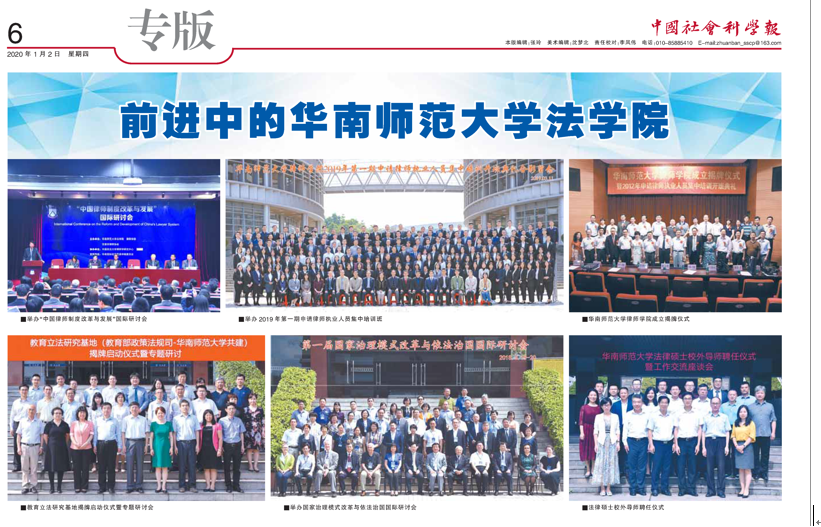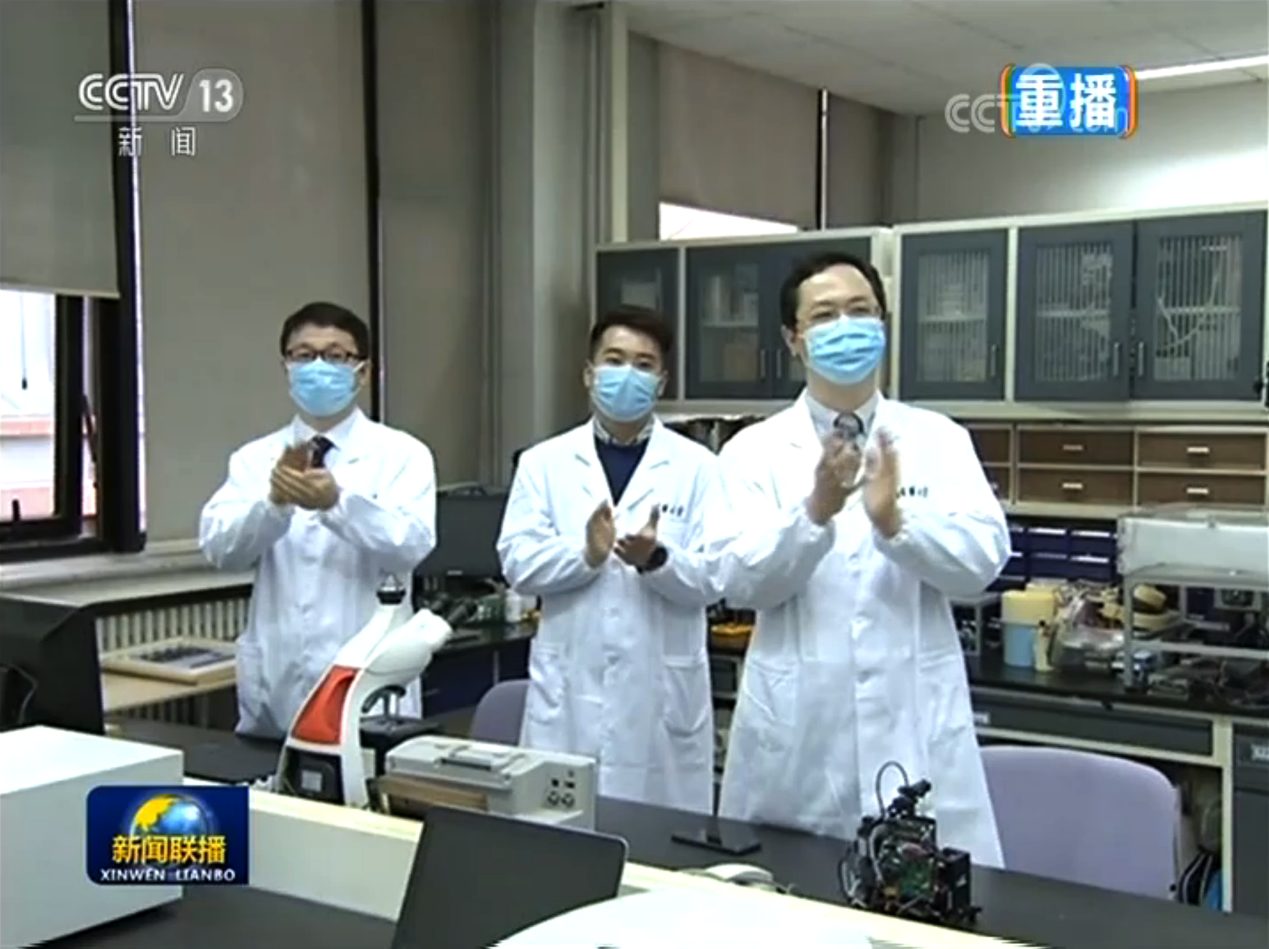
Likes
China's accelerated efforts to establish a data property rights system and mechanism concerning the circulation, transaction and revenue distribution of data elements will enhance the value of data resources, ensure data security and provide a big boost to high-quality development of the digital economy, industry experts said.
Their comments came after President Xi Jinping, who is also general secretary of the Communist Party of China Central Committee, stressed on Wednesday the need to ensure the efficient flow and use of data in order to empower the real economy, and speed up the construction of basic systems for data. Xi made the remarks while chairing the 26th meeting of the central committee for deepening overall reform.
The meeting called for establishing a data property rights system and promoting the classification, data rights confirmation and authorized use of public data, business data and personal data. It is important to establish an efficient system that enables the flow and trading of data elements, improves data compliance with rules and regulations, and builds a standardized data trading market, it was decided at the meeting.
Long Haibo, a senior researcher at the Development Research Center of the State Council-the country's Cabinet-said the meeting made clear the divisions between data resources ownership, data processing and usage rights as well as management rights of data-related products. It also emphasized steps to develop a set of fundamental systems on data, covering data circulation, allocation of earnings and security governance.
"The latest move is of great significance in fully unleashing the economic and social value of data elements, promoting the regulated trading of data resources and boosting the high-quality development of the digital economy," Long said.
Collecting, processing, managing and making good use of data resources is key to facilitating the development of the big data industry, Long said.
Noting data resources serve as the basis of digital economy development, Ma Yanxin, a researcher at the Law School of South China Normal University, said circulation and transaction of data factors are currently mainly concentrated in the sectors of electric power and finance, and more efforts should be made to enrich data transaction scenarios.
Regarding large payment and fintech platform enterprises, the meeting underlined efforts to bring payments and other financial activities of platform enterprises under government oversight.
More efforts are needed to improve regulations and mechanisms in payment services and risk prevention systems, and strengthen the oversight of financial holding companies and financial institutions that platform enterprises have stakes in, as well as internet loans, deposits, insurance, securities and funds, it added.
Zhou Maohua, an analyst at China Everbright Bank, said bringing the financial activities of platform enterprises under better regulation is an essential requirement to guard against potential systemic financial risks and promote the standardized and healthy development of the financial sector.
In particular, large payments and fintech platform companies play an important role in overall financial and economic activity, Zhou said.
Source: http://global.chinadaily.com.cn/a/202206/24/WS62b4f4b8a310fd2b29e68312.html
What to read next:










